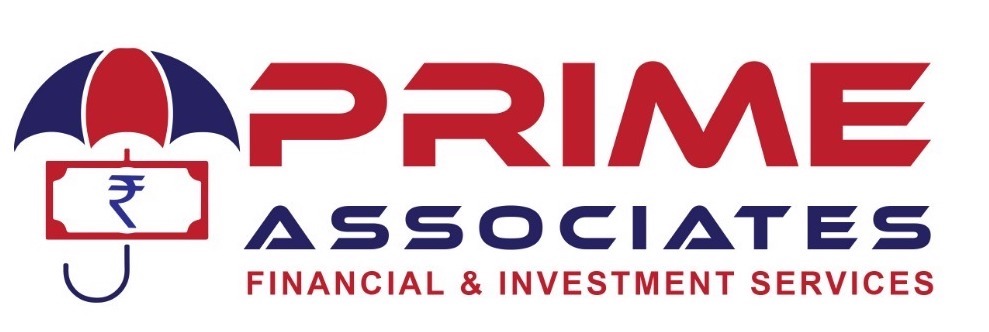Saturday, 14 February 2026

98453 44950 / 86606 65616
Krishna Sanghavi is the Head of Equities at Canara Robeco Asset Management Company, Robeco’s joint venture in India. He comes with over 23 years of rich experience across many segments of the industry and is actively involved in managing the equity funds that form a major part of Canara Robeco.
Prior to joining Canara Robeco, Krishna was associated with AVIVA Life Insurance as their Head of Equities. He has also worked with Kotak Mahindra Asset Management Co. Ltd., Life Insurance Business of Kotak group, Kotak Mahindra Old Mutual Life Insurance Co. Ltd., Kotak Mahindra Primus Ltd and IDBI Ltd. Krishna had done his Masters in Management Studies (Finance) from The University of Mumbai.

Answer: The macro economic environment is delicately balanced between the headwinds of rising oil prices globally that can hurt India’s CAD, Inflation, currency etc as well as the slowing domestic economy post the NBFC crisis on one side and the tailwinds of expected capex cycle in India post elections, return of quite a few PSU banks from RBI’s PCA that will spur credit growth, easy monetary policy stance by both RBI (supporting domestic growth) & US Fed (supportive for global emerging economies). The H2FY19 has not been great for the Indian economy but the expectation is that PSU banks resuming lending would fill the void created by NBFCs and delayed decision making at corporates and government level ahead of general elections would now get on fast track with government formation expected by end May 2019.
Answer: We think the Indian retail investors have evolved a lot towards matured evaluation of financial markets, alternate asset class returns (equity, bonds, gold, property etc), relative risk differentials (incorporating liquidity as well as risk premium) and relative return expectation from these asset classes. Investors have started to accept that equity is an asset class that will typically grow with economy (earnings) and deliver risk adjusted returns (growth premium over a bond). Another interesting observation is that investors are showing preference for that long term horizon (5 years and above) which equity as an asset class essentially requires. Thus, the return expectations have now started moving towards that long term 15-16% CAGR, for which the Sensex with a 40-year history has demonstrated that potential.
Answer: The key focus for fund management team is essentially the BMV framework where in we evaluate every company on Business, Management & Valuation parameters. Usually the Business and Management are key criteria that are followed in selecting a company for portfolio (both entry and exit) while valuation is followed in portfolio management where weight of a company in portfolio is actively increased or reduced based on attractiveness of valuations at a point of time.
Answer: Business evaluation involves understanding about sector growth and competitive dynamics, company’s strategic positioning and growth potential. Management evaluation is more about ability and actions of management to realize the growth potential, past track record of corporate governance and shareholder friendliness. Valuation is a combination of understanding the current financial statements (P&L, Cash Flows and Balance Sheet, quality of auditor observations if any etc), future projections based on the business growth expectations and assessing about the value of that growth vis a vis the stock prices prevailing.
Answer: The market benchmark NIFTY, is reasonably valued at around 18 times FY20 earning expectations. The expected growth in earning over FY19 is mainly led by financials (corporate banks specifically which are recovering from high credit costs of F17-F19) and hence a 25-26% earnings growth looks reasonable as long as GDP growth is in range of 7%-7.2%.
Answer: As on date the market is showing a strong faith in the current BJP-led NDA government retaining power post the ongoing elections. So, any surprise there may create a short-term volatility. However for a matured investor, who is investing in Indian equities as an asset for that longer term of 5 year plus, should remain confident about India’s economic growth potential and market’s ability to reward that growth through higher market capitalisations (best demonstrated by Sensex with a 16%+ CAGR over a long period since inception) that will grow with economy. At best they can remain inactive for the period till election results are out !!!
Imp. Note: We are registered NJ Wealth Partners and this interview published is sourced from NJ Wealth with due permissions. Reproduction of this interview/article/content in any form or medium by any means without prior written permissions of NJ India Invest Pvt. Ltd. is strictly prohibited.